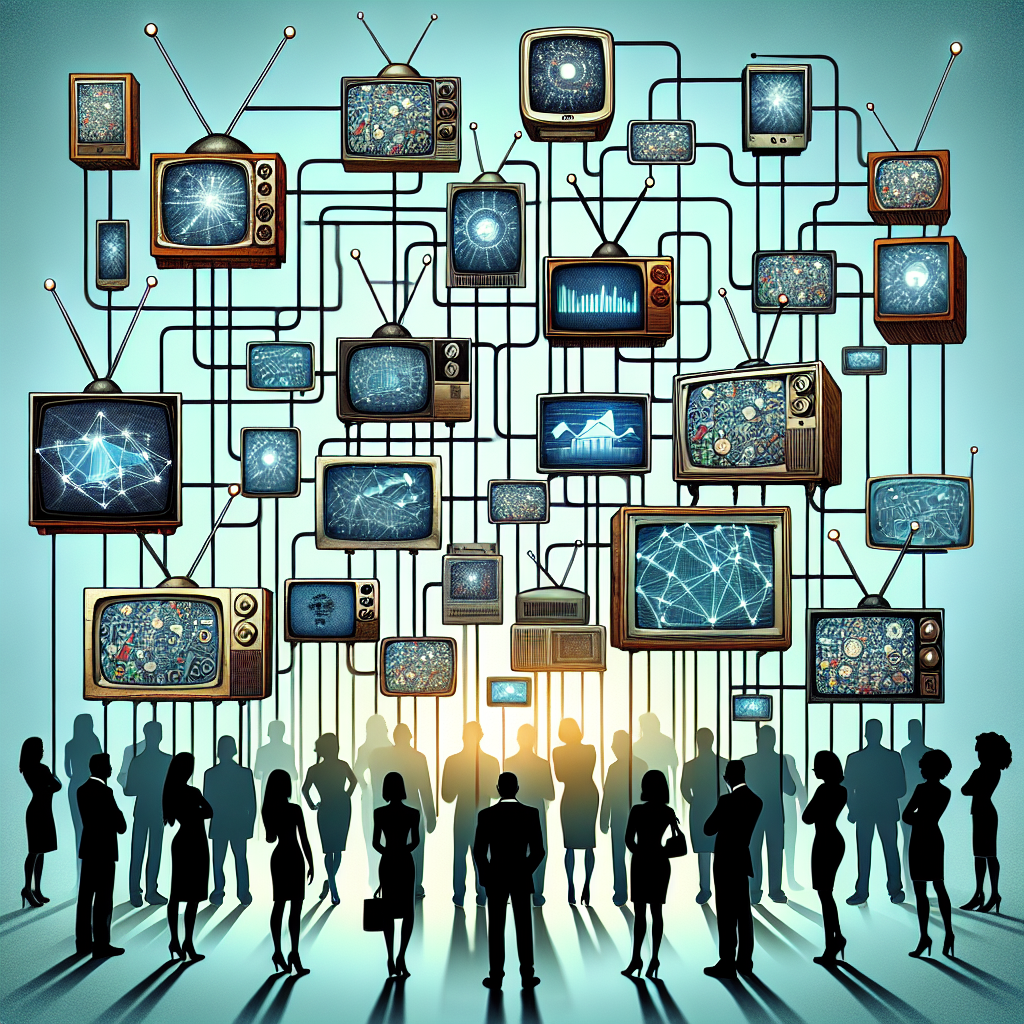The Digital Revolution: An In-Depth Analysis of Its Impact on Modern Society
The digital revolution, a term that encapsulates the profound transformation brought about by the advent and proliferation of digital technology, has reshaped every facet of modern society. This revolution, which began in the latter half of the 20th century with the development of computers and the internet, has accelerated at an unprecedented pace, affecting how we communicate, work, learn, and entertain ourselves. The impact of this technological upheaval is not confined to any single domain but rather permeates various aspects of life, leading to both remarkable advancements and significant challenges. Understanding the scope and implications of the digital revolution is crucial for navigating the complexities of today’s interconnected world.
At the heart of the digital revolution lies the internet, a global network that has democratized access to information and transformed communication. The internet’s emergence has led to the rise of social media platforms, which have redefined how individuals connect and share information. These platforms have given voice to marginalized communities, enabling grassroots movements and fostering global dialogues. However, they have also facilitated the spread of misinformation and polarized public discourse. The dual nature of social media highlights the broader theme of the digital revolution: while it offers unparalleled opportunities for connection and innovation, it also presents new challenges that require careful consideration and management.
The workplace has undergone a significant transformation due to digital technologies. Automation and artificial intelligence (AI) are revolutionizing industries, increasing efficiency and productivity while simultaneously displacing traditional jobs. This shift necessitates a reevaluation of workforce skills and education, as workers must adapt to new roles that require digital literacy and advanced technical skills. The gig economy, powered by digital platforms, offers flexibility and autonomy but also raises concerns about job security and labor rights. As businesses navigate these changes, they must balance the benefits of technological advancements with the ethical implications of their implementation.
Education, too, has been profoundly affected by the digital revolution. E-learning platforms and online courses have made education more accessible, allowing learners from diverse backgrounds to acquire knowledge and skills at their own pace. The COVID-19 pandemic accelerated the adoption of digital learning tools, highlighting both their potential and their limitations. While digital education offers flexibility and scalability, it also exposes disparities in access to technology and internet connectivity. Ensuring equitable access to digital resources is essential for bridging the educational divide and empowering future generations.
The entertainment industry has been transformed by digital technology, with streaming services and digital content platforms reshaping how we consume media. Traditional forms of entertainment, such as television and cinema, have had to adapt to changing consumer preferences and the rise of on-demand content. The music industry, too, has seen a shift from physical album sales to digital streaming, altering revenue models and artist-audience dynamics. While digital platforms offer artists new opportunities for exposure and creativity, they also raise questions about intellectual property rights and fair compensation.
Healthcare is another domain experiencing a digital transformation. Telemedicine and digital health tools have improved access to medical care, particularly in remote and underserved areas. Wearable devices and health apps empower individuals to monitor their health and make informed decisions. However, the integration of digital technology in healthcare raises concerns about data privacy and the security of sensitive health information. As the healthcare sector embraces digital innovation, it must prioritize patient privacy and ethical considerations to ensure trust and safety.
The digital revolution has also impacted governance and civic engagement. E-government initiatives and digital platforms have streamlined public services and increased transparency. Citizens can now engage with government processes more easily, from paying taxes online to participating in digital consultations. However, the rise of digital surveillance and data collection by governments poses significant privacy concerns. Balancing the benefits of digital governance with the protection of individual rights is a critical challenge for policymakers in the digital age.
The environmental impact of the digital revolution is a growing concern. While digital technology can contribute to sustainability through innovations like smart grids and precision agriculture, it also has a significant carbon footprint. Data centers and electronic waste are major environmental challenges that require sustainable solutions. As society becomes increasingly reliant on digital technology, it must also address the environmental costs and strive for greener alternatives to ensure a sustainable future.
Cybersecurity is a pressing issue in the digital age, as the proliferation of digital devices and networks has increased vulnerability to cyberattacks. Individuals, businesses, and governments face threats ranging from data breaches to ransomware attacks. Strengthening cybersecurity measures and fostering a culture of digital security awareness are essential for protecting sensitive information and maintaining trust in digital systems. As cyber threats evolve, so too must the strategies and technologies used to combat them.
The digital revolution has also influenced cultural and societal norms. The rise of digital communities and virtual interactions has altered traditional notions of identity and belonging. Online spaces offer opportunities for self-expression and community building, but they also present challenges related to digital addiction and mental health. Navigating the balance between digital engagement and well-being is an ongoing challenge for individuals and society as a whole.
As we continue to navigate the digital revolution, it is essential to consider its ethical implications. Issues such as data privacy, algorithmic bias, and digital equity require thoughtful reflection and action. Policymakers, technologists, and society at large must collaborate to develop frameworks and policies that ensure the responsible use of digital technology. By prioritizing ethical considerations, we can harness the potential of the digital revolution to create a more equitable and inclusive future.
In conclusion, the digital revolution is a transformative force that continues to shape the trajectory of modern society. Its impact is vast and multifaceted, influencing everything from communication and commerce to education and entertainment. While the opportunities presented by digital technology are immense, so too are the challenges. As we move forward in this digital age, it is crucial to embrace innovation while remaining vigilant about the ethical, social, and environmental implications of our digital choices. By doing so, we can ensure that the digital revolution serves as a catalyst for positive change and progress.







